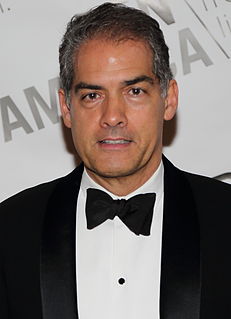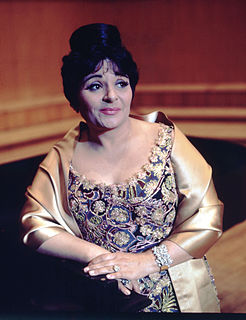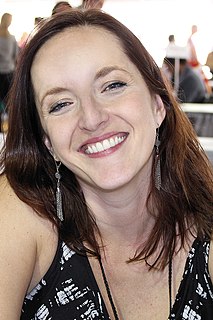A Quote by Charles Francis Adams, Sr.
It is so very easy and so very pleasant, too, to read only books which lead to nothing, light and interesting books, and the more the better, that it is almost as difficult to wean ourselves from it as from the habit of chewing tobacco to excess, or of smoking the whole time, or of depending for stimulus upon tea or coffee or spirits.
Related Quotes
I must say, some are not very beautifully made. They’re coffee-table books for people who drink alcohol. I have nothing against coffee-table books as long as they are well done. They must not look like gravestones on a table. Sometimes they are too big, they come in boxes and things like this. No, a book has to be easy to open and you don’t have to be a bodybuilder to lift it. I like books I can read in bed. Those big tombstones would kill me.
I hated tobacco. I could have almost lent my support to any institution that had for its object the putting of tobacco smokers to death...I now feel that smoking in moderation is a comfortable and laudable practice, and is productive of good. There is no more harm in a pipe than in a cup of tea. You may poison yourself by drinking too much green tea, and kill yourself by eating too many beefsteaks. For my part, I consider that tobacco, in moderation, is a sweetener and equalizer of the temper.
The current publishing scene is extremely good for the big, popular books. They sell them brilliantly, market them and all that. It is not good for the little books. And really valuable books have been allowed to go out of print. In the old days, the publishers knew that these difficult books, the books that appeal only to a minority, were very productive in the long run. Because they're probably the books that will be read in the next generation.
The constant habit of perusing devout books is so indispensable, that it has been termed the oil of the lamp of prayer. Too much reading, however, and too little meditation, may produce the effect of a lamp inverted; which is extinguished by the very excess of that ailment, whose property is to feed it.
I've only cried at one book, but I'm too embarrassed to tell you which. It wasn't terribly intellectual. I will admit, though, to crying when I've read books aloud to my elementary class. We read a biography of Gandhi once, and it was very difficult to read the part where Gandhi was killed, because they were waiting for a happy ending.
Books suggest the inner light and the method of bringing that out, but we can only understand them when we have earned the knowledge ourselves. When the inner light has flashed for you, let the books go, and look only within. You have in you all and a thousand times more than is in all the books. Never lose faith in yourself, you can do anything in this universe. Never weaken, all power is yours.
But one type of book that practically no one likes to read is a book about the law. Books about the law are notorious for being very long, very dull, and very difficult to read. This is one reason many lawyers make heaps of money. The money is an incentive - the word "incentive" here means "an offered reward to persuade you to do something you don't want to do - to read long, dull, and difficult books.
To read well, that is, to read true books in a true spirit, is a noble exercise, and one that will tax the reader more than any exercise which the customs of the day esteem. It requires a training such as the athletes underwent, the steady intention almost of the whole life to this object. Books must be read as deliberately and reservedly as they were written.
Once I'd worked out that I couldn't possibly expect people to enjoy a monstrous, 3000-page book, I realised I could in fact create a labyrinth of a story with four different points of entry. But what interested me was creating something that would rearrange itself every time you read one of the other books. So depending on which order you read them, the implications and angles would change. To get that right, each one of the books had to have its own personality and texture -- even though they are connected, they are very different creatures.
Kids not only need to read a lot but they need lots of books they can read right at their fingertips.They also need access to books that entice them, attract them to reading. Schools...can make it easy and unrisky for children to take books home for the evening or weekend by worrying less about losing books to children and more about losing children to illiteracy.


































